Many students see extended stay at community college due to major uncertainty, studies find
The rising pressure to receive a college education, and the stress associated with it, have been feelings 20-year-old Chertsa Yang has become well acquainted with as he prepares to finish his third year at Cosumnes River College, still an undeclared major.
The expectation of at least earning a bachelor’s degree may be the reason why students like Yang, and many others, go to college unsure about what it is they want to do.
“It’s been three years and I’m still lost and unsure about what I want,” Yang said.
The Pew Research Center found that education levels have been the highest among the millennial generation –those born after 1980– than past generations. The income gap between those who hold just a high school diploma and those with a bachelor’s or higher is also much larger for the millennials.
Pew reports that in 1965, 43 percent of the population held just a high school diploma and only 13 percent held a bachelor’s or higher with the income difference being $7,499. In 2013, the number of those with just a high school diploma dropped to 24 percent while those that hold a bachelor’s or higher rose to 34 percent and the income difference rose to $17,500.
With a bachelor’s becoming more common and valuable, college seems like the obvious course to take after high school and ideal for those that not only want to become more educated, but want to make more money.
Yang reflected this statement as he recalled his feelings at the end of high school and on why he came to college.
“I was unsure but I knew I wasn’t going to get anywhere without an education,” he said. “I want to be able to get a good job later.”
Yang is just one of many students that have been at CRC for more than the expected two years and one of many facing similar feelings of uncertainty.
Students can get some comfort in knowing that at CRC, statistics show it is more common to finish a two-year program in four years.
A study done in 1995 by Dr. Virginia Gordon, innovator in academic advising at Ohio State University, also found that 20 to 50 percent of students enter college as “undecided” and an estimated 75 percent of students change their major at least once.
“This is my third semester and I’ve changed my major once,” said 20-year-old Carissa Clemente, an English major.
Yang said he had picked a major but went back to being undeclared after losing interest in the field.
CRC counselor David Aagaard said he thinks it is normal for students to not know exactly what path they want to take in life. He also said it is normal for students to change their major a few times.
Aagaard said there are many resources available to students to help them decide when looking at major possibilities.
“Students need to know when they’re taking classes their teachers are great resources because they studied a lot to get to where they’re at,” Aagaard said. “We have a career center on campus, career fairs, you can take some online tests to help you explore different options.”
Yang said that if he could go back and give himself advice he would.
“I would tell myself to research and have a plan before leaving high school,” he said.

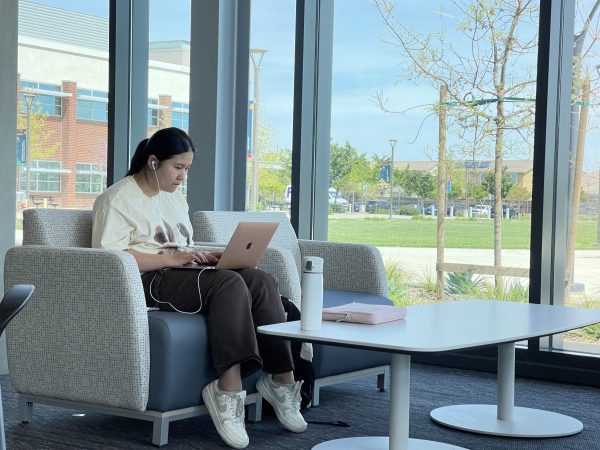
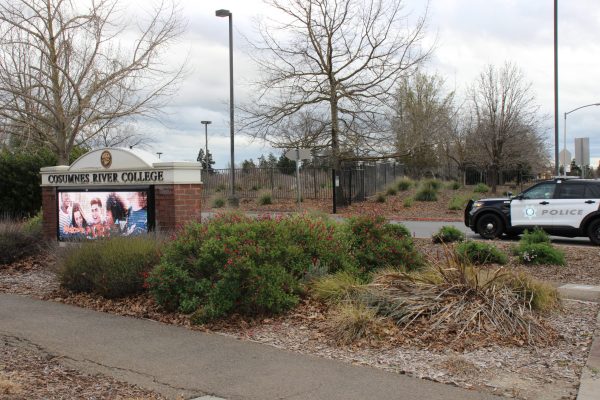
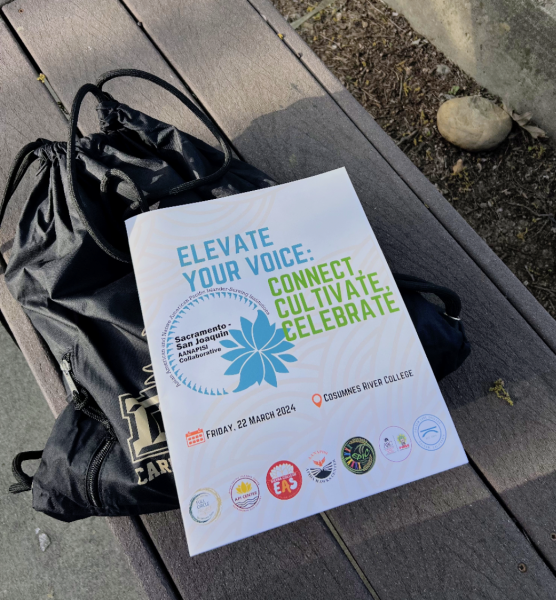
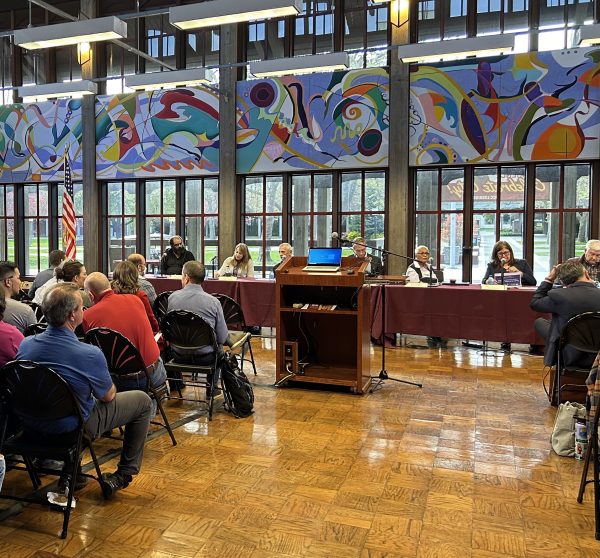
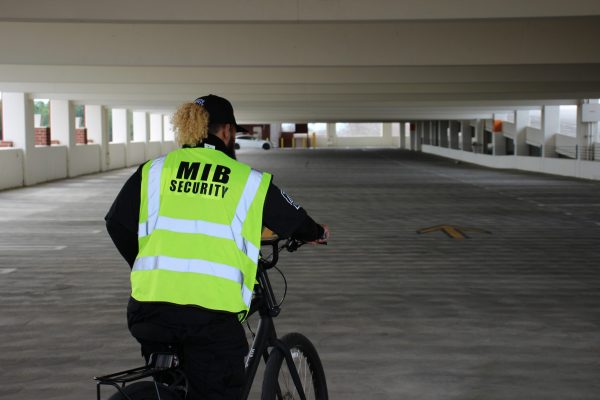
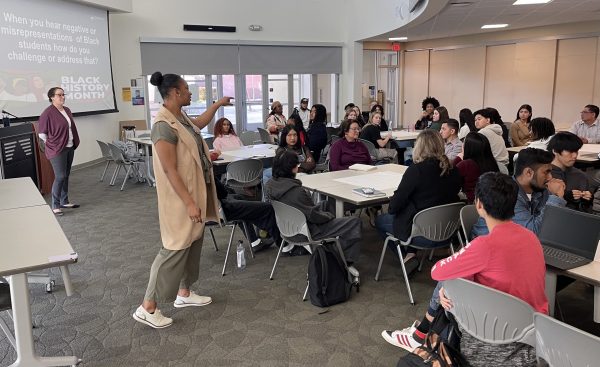
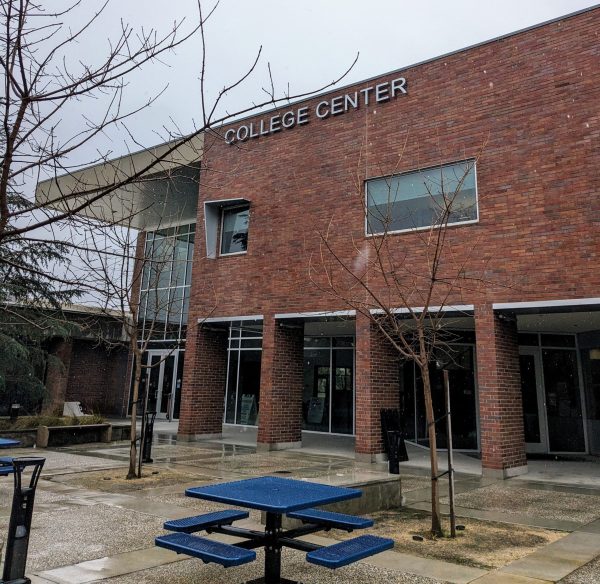
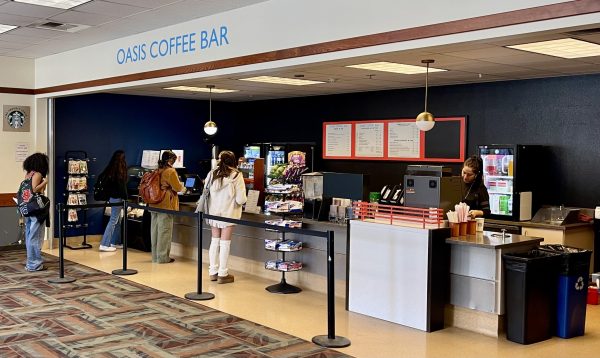
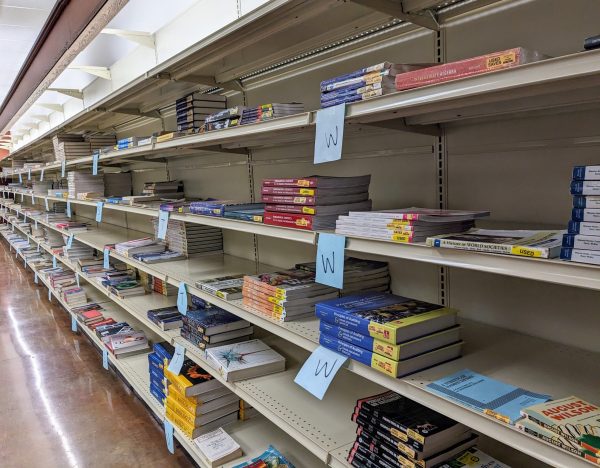
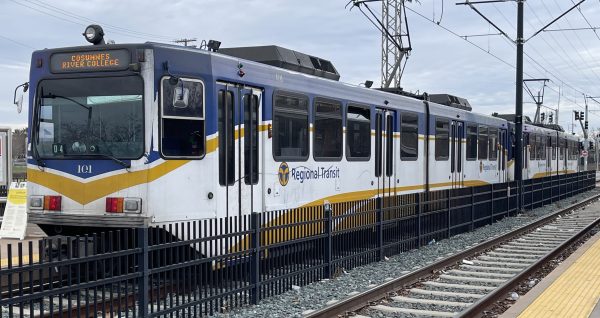
Phillip Miller • Sep 19, 2015 at 4:17 pm
Thank you Connection staff for writing about this topic.
I think it is ok to not have a plan because you can always come back and change your mind. I left CRC 15 years ago and then came back. I did not get a college education and did very well for many years without one. Unfortunately, the carpet was pulled from me and it was time to come back. I think it is ok if you spend more than a few years at the community college so you can have more time to find what it is you want to do and further develop yourself. I think our culture has made education into a “drive thru process”, which may be appropriate for some careers, but to truly develop the mind and your goals, takes time, introspection and collaboration with professors and support staff. I say take all the GE courses before declaring and don’t worry so much about time. It is an illusion our society has created. If I can come back after 15 years, how long is 3 or 4 years of exploring?
~ Phill